Breaking News: AI Revolutionizes Science at EmTech AI 2025
MIT researchers unveiled groundbreaking AI applications at EmTech AI 2025, a conference that brought together experts in artificial intelligence, science, and technology. The event highlighted the transformative potential of AI in various scientific fields, from medicine to climate modeling. Researchers showcased AI-powered tools that can analyze vast amounts of data, identify patterns, and make predictions with unprecedented accuracy.
The conference featured a series of presentations and demonstrations, including a AI system that can diagnose diseases more accurately than human doctors. This system, developed by a team of researchers at MIT, uses machine learning algorithms to analyze medical images and identify potential health issues. Another notable application is an AI-powered climate model that can predict weather patterns with greater precision than existing models.
The immediate impact of these developments is being felt in various industries, including healthcare and finance. Investors and companies are taking notice of the potential of AI to drive innovation and improve decision-making. In response, governments and regulatory bodies are starting to develop guidelines for the responsible use of AI in various sectors.
The background context for these developments is the rapid advancement of AI technology in recent years. AI has become increasingly sophisticated, with the ability to learn from data, adapt to new situations, and interact with humans in more natural ways. This has led to a surge in applications across various fields, from customer service to scientific research.
As AI continues to evolve, it is likely that we will see even more innovative applications in the coming years. The EmTech AI 2025 conference is just one example of the many events and initiatives that are driving the development and adoption of AI technology. With its potential to transform industries and improve lives, AI is an area that will continue to be closely watched and studied in the years to come.





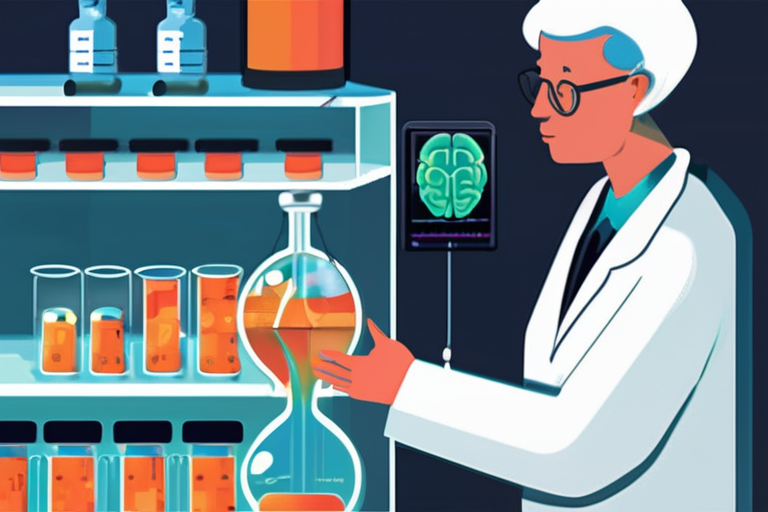
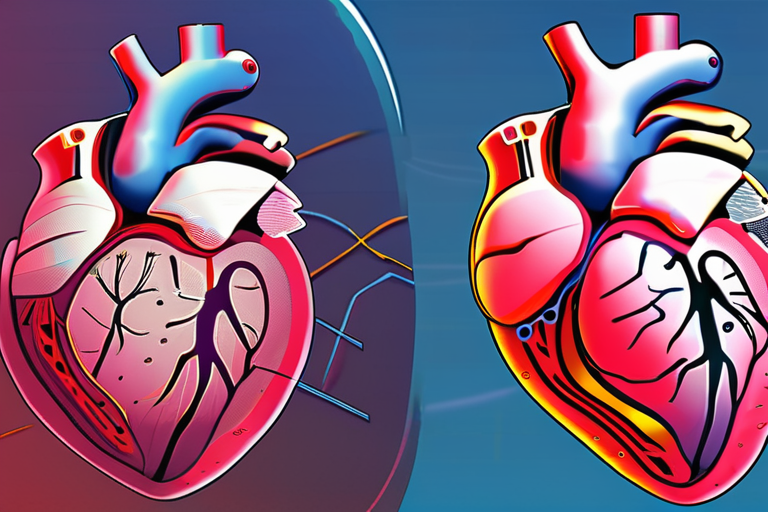


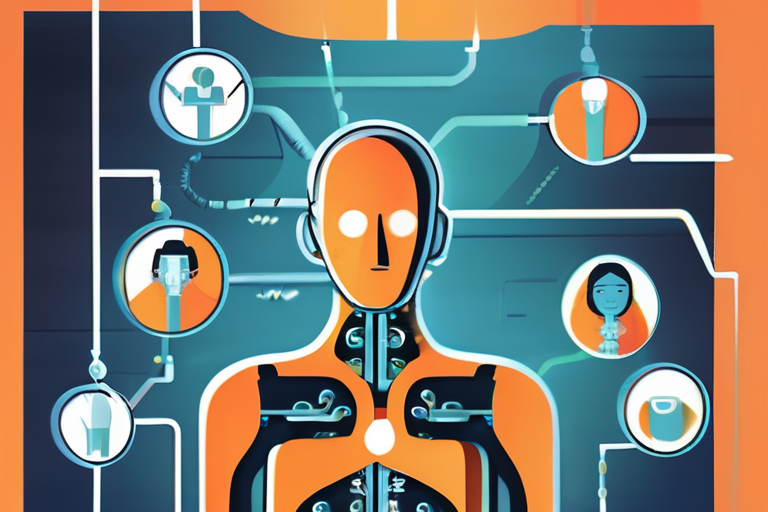

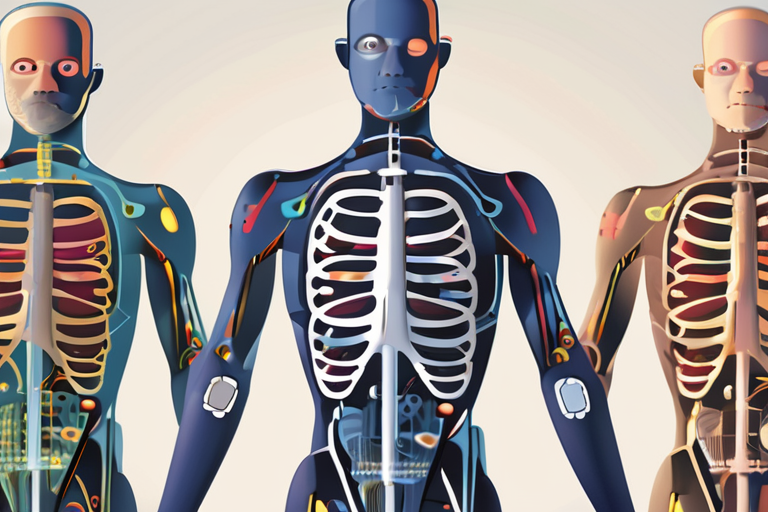
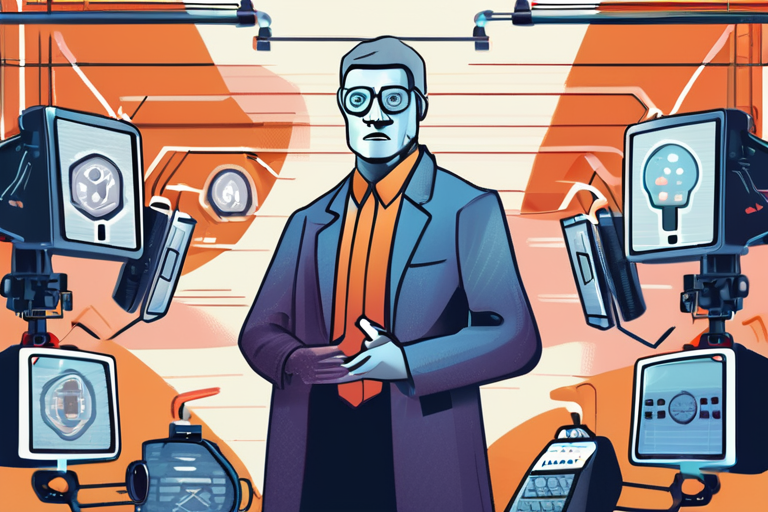
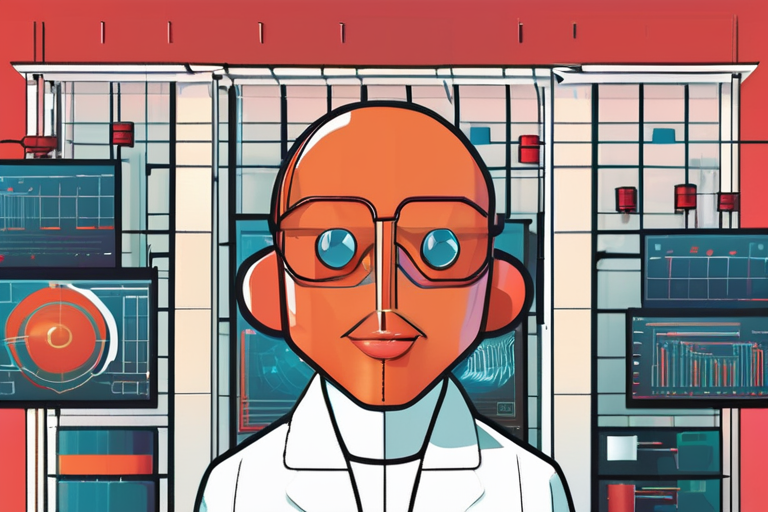

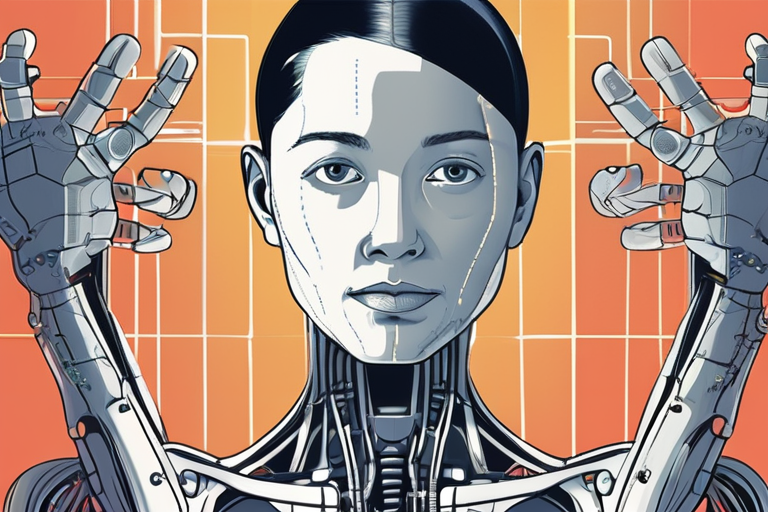

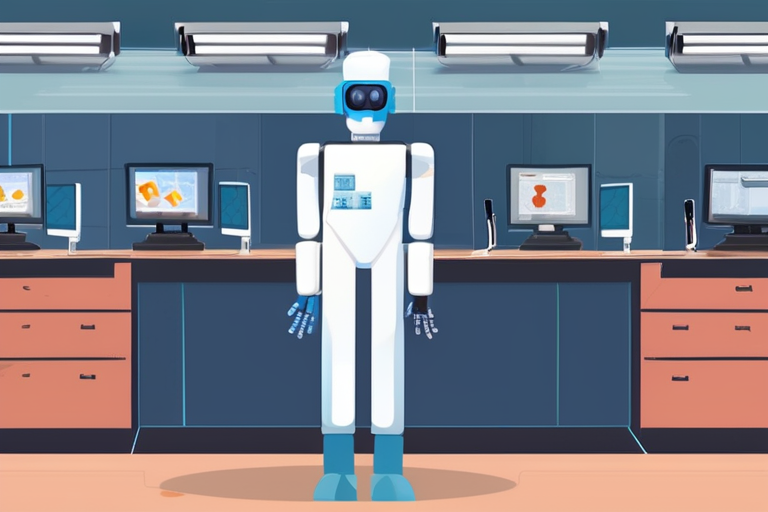


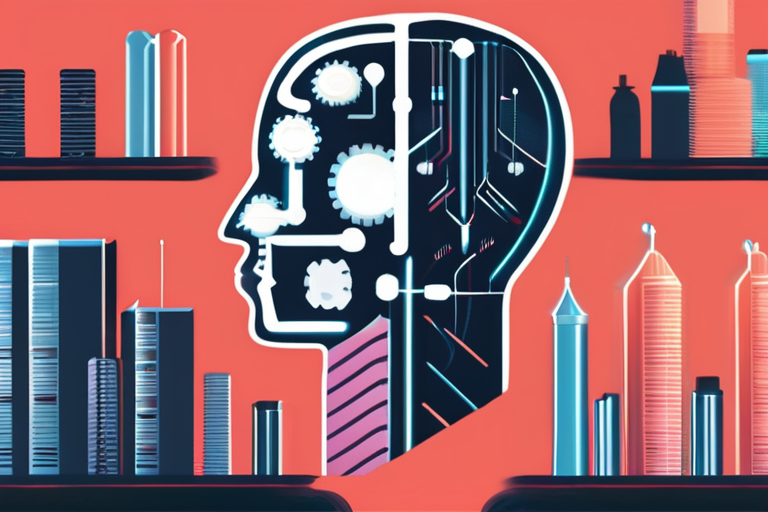
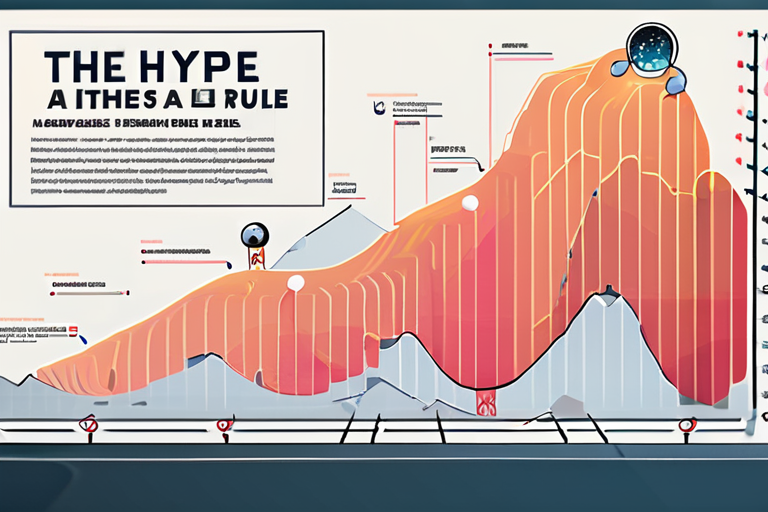
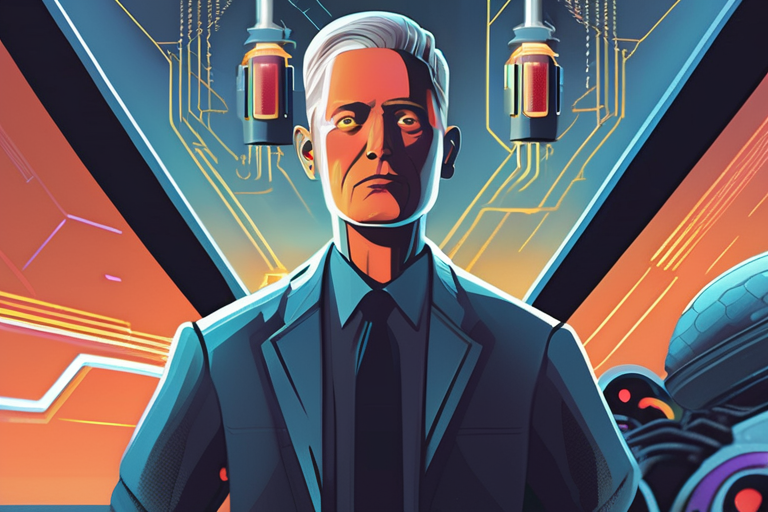
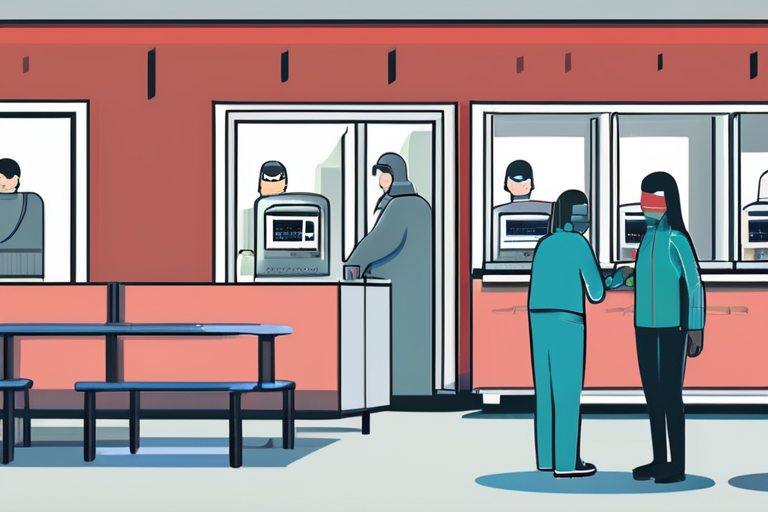



Share & Engage Share
Share this article